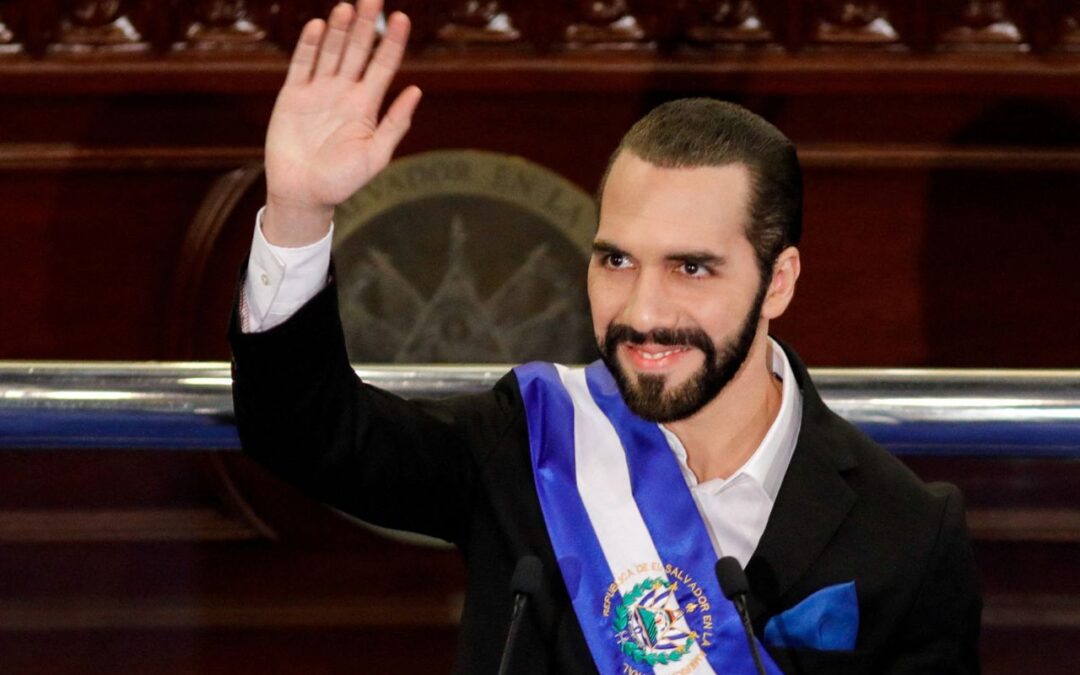Synopsis– El Salvador has split its national Bitcoin reserve of 6,274 BTC, worth about $678 million, across 14 wallets to curb potential quantum risks, according to its Bitcoin Office. Each new address holds up to 500 BTC to limit exposure from any future cryptographic break.
El Salvador moved its entire Bitcoin reserve from a single, public address into 14 fresh wallets on Friday as part of a quantum-resilience strategy. Officials framed the redistribution as a measured step to minimise the potential impact of future breakthroughs in quantum computing.
The quantum threat, explained
The National Bitcoin Office said splitting funds makes any successful attack less harmful because losses would be capped per address. Each wallet now holds up to 500 BTC, rather than concentrating the full reserve in one location. On‑chain activity confirmed the transfers were completed into the new addresses.
Bitcoin’s security relies on elliptic curve cryptography, which ties private keys to public keys revealed when coins are spent. If quantum computers advance enough to run Shor’s algorithm at scale, they could derive private keys from revealed public keys. Project Eleven warned that more than 6 million BTC could be vulnerable in that scenario. Despite those concerns, quantum computing has not cracked even a 3‑bit key using Shor’s algorithm. A Bitcoin private key contains 256 bits, far beyond current capabilities. Industry voices praised El Salvador’s caution but stressed that practical quantum attacks on Bitcoin remain years, or decades, away.
What changes operationally
Moving coins into unused addresses keeps public keys undisclosed until spending occurs, reducing theoretical attack surfaces. Capping each wallet at 500 BTC limits any single point of failure, whether from quantum advances or operational mistakes. The shift also aligns with common advice to avoid address reuse for reserve holdings.
Some leaders have called near‑term quantum fears hype while endorsing contingency planning. They noted that if quantum threats materialise, Bitcoin’s developers and hardware makers could implement coordinated upgrades. The response could mirror security patching in large technology ecosystems.
What it signals for sovereign custody
The move arrives as El Salvador faces scrutiny from the IMF over its Bitcoin strategy. An IMF package approved in December 2024 included conditions to scale back certain initiatives, and a July report questioned ongoing purchases. The Bitcoin Office has continued to post acquisition updates without addressing those claims directly.
El Salvador’s redistribution highlights a growing playbook for national crypto reserves. It balances transparency with stronger custody practices, including diversified wallets and minimised key exposure. The step could influence how states and institutions manage digital assets against emerging technological risks.
Written By Fazal Ul Vahab C H





